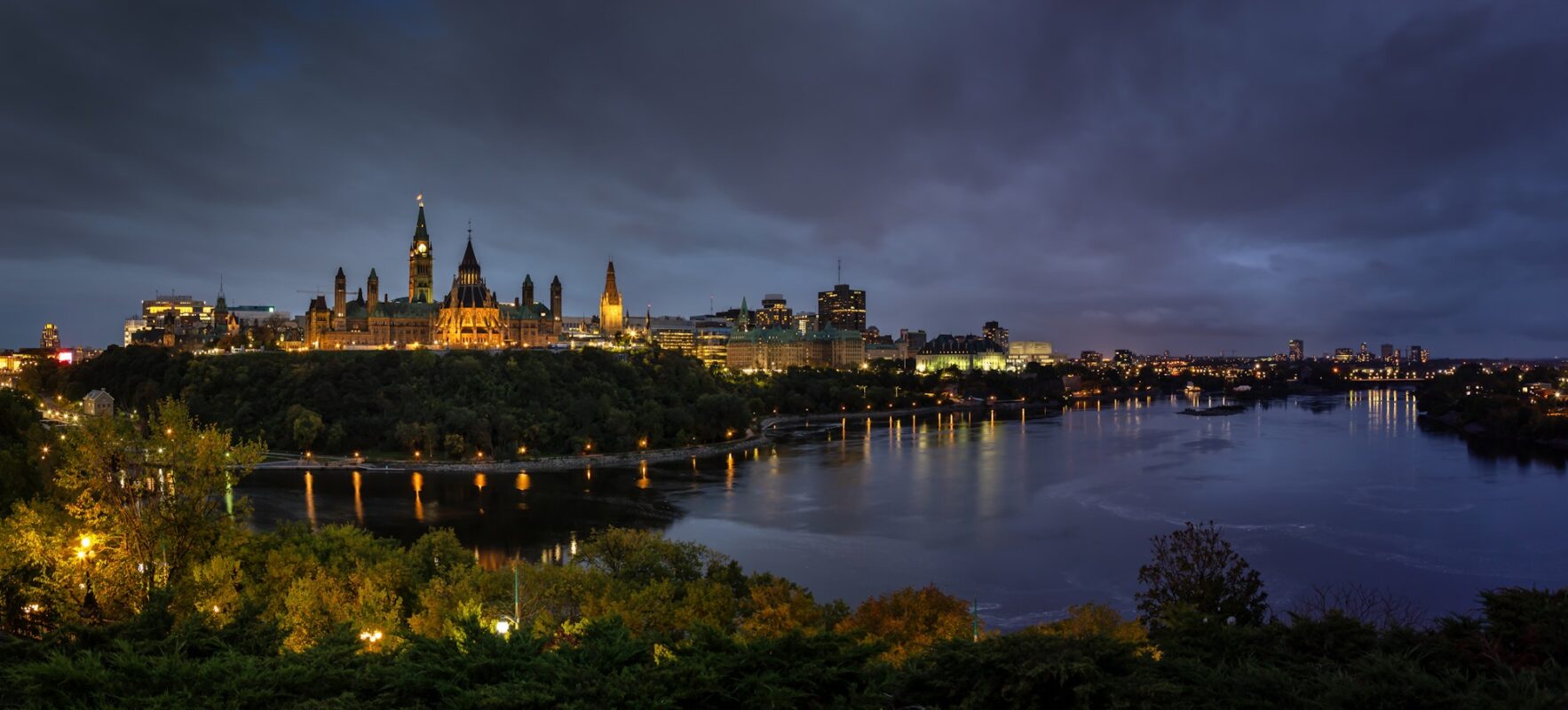
August 2015
Al Crosby writes:
One of the points that we failed to get across to the city, and by extension CLC, was the fact that we are not only talking about specific green goals and objectives of future developments. We should have stressed the point that there is an economic value to retaining natural habitat. Developers seem to be destroying the “natural” capital that is provided to us for free (eg. clean air, clean water, etc.) and there is no penalty or cash-in-lieu.
It is difficult to articulate this aspect of the “cost” of development but below is a link and some extracts that might help to define this concept for other communities that are trying to argue for the right balance in their Community Design Plans. Sometimes the “cost” of losing your “natural” capital outweighs the proposed “economic” gain. The value of what is lost is not considered in the monetary equations.
http://www.davidsuzuki.org/issues/wildlife-habitat/projects/natural-capital/what-is-natural-capital/
“Natural capital refers to the planet’s stock of water, land, air, and renewable and non-renewable resources (such as plant and animal species, forests, and minerals). The term natural capital implies an extension of the economic notion of capital. Just as all forms of capital are capable of providing a flow of goods and services, components of natural capital interact to provide humans and other species with goods and services that are wide-ranging and diverse. The collective benefits provided by the resources and processes supplied by natural capital are known as ecosystem goods and services, or simply ecosystem services. These services are imperative for survival and well-being. They are also the basis for all economic activity.
The services that nature provides for free are often not accounted for and, therefore, not properly valued by decision-makers. We evaluate the benefits that nature provides and calculate the economic cost of these services if we had to provide them ourselves.”
Erwin Dreessen responds:
It’s a well-trodden terrain, Al, and all power to those propagating an appreciation of what “nature” gives us “free,” with these provisos: 1- measurement issues loom large, so one should always go for the smallest number “to be conservative” ; 2- however measured, a monetary value does not exhaust the full value of the “service.”
You may recall that Michael Bordt is doing his dissertation research on methodologies for valuing “ecological goods and services” and presented some ideas at our meeting of 26 June 2014.
